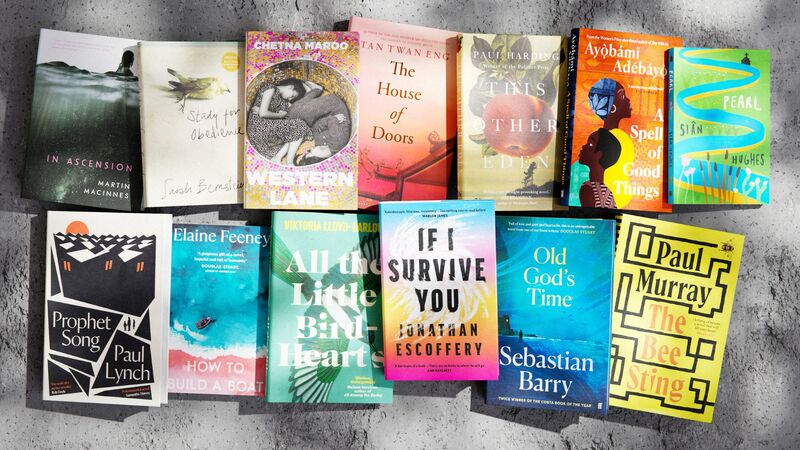You are viewing your 1 free article this month. Login to read more articles.
AI and copyright issues aired at welcome US Book Show
Copyright, ethics and AI were among issues aired at the third Publishers Weekly US Book Show, in New York.

The third Publishers Weekly US Book Show, aided by the Center for Publishing at New York University (NYU) and the recently-renamed Association of American Literary Agents (AALA), took place this week over two hybrid and two fully-virtual days in New York from 22nd-25th May.
In-person programmes had useful things to say about bestsellers, copyright, ethics and AI, as well as how to leverage data for book acquisitions.
At the bestseller panel, Penguin Random House Putnam division publisher Sally Kim summed up the situation of the past five to six years: “As old formulas to making bestsellers have changed, readers are writing their own lists, and it’s become really hard to predict a book’s path.”
For Harper Wave publisher Karen Rinaldi, one element to “creating a path of luck and success” is to “not be cynical. Don’t have authors run after things they’re not already doing. Help them focus on where effort will be most effective, what’s authentic to that author”, whether it’s social media or Substack, speaking engagements or tapping into literary connections. Kim emphasised that transparency and enabling a clear, shared vision between author and publisher, is also essential.
Data can help establish that clarity. Simon Element publisher Richard Rhorer said that its value lies in “the quality of the question you’re asking”, and advised “getting over the tyranny of comp titles for making decisions". He also pointed to the usefulness of Google for market research: “You will be shocked by what you can find out.”
Codex president Peter Hildick-Smith pointed to a problem that he’s confronting with the push for diversity, equity and inclusion (DEI): “The people we go to for studies haven’t invested in targeting consumers of colour. One study that should have taken us a week to do, took nine weeks, to find enough respondents. There are huge missed opportunities.”
Christa Desir, editorial director of Sourcebooks’ Bloom Books imprint, mentioned a couple of tools that have helped in her research: Helium 10 for keyword data, and K-Lytics, to know what’s happening in the Kindle world. Circana BookScan executive director David Walter added one more: Civic Science for market intelligence.
In the panel on ethics, copyright, contracts and AI, agent Gina Maccoby brought up a cautionary tale regarding AI and a March 2023 guidance from the US copyright office that specifies protection extends only to products of human creativity. The text of Zarya of the Dawn, a graphic novel, was written by Kristina Kashtanova, and the book had been granted protection. It was rescinded when it transpired that the images had been made by AI. In her agency, Ginger Clark has now added to her contract boilerplate that any audiobook or translation must be done by humans. However, people seem to be on the fence about AI-generated cover art. Attorney Jaime Wolf asked: “Should authors and their agents be supporting illustrators as a group?”
As well as changing the name of their organisation, agents also recently changed its canon of ethics. As Vicky Bijur explained, “we opened the door to agents who might not otherwise have found agenting as viable as in the past”, by enabling them to provide editorial services to authors for a fee. However, those services can only go to clients they don’t represent. Details are on the AALA website at www.aalitagents.org.
Finally, Publishers Weekly, the AALA and NYU are to be congratulated for putting the Book Show together. It seems extraordinary, given the size of the US market and the global reach and power of publishers and agents headquartered here that, with the demise of Book Expo, no major fair takes place on American shores. Book Expo’s footprint had been shrinking and its raison d’être questioned for years before Reed pulled out after 2019.
Now, with work-at-home and hybrid all the rage and in-person viable, it’s clear there is a hunger for the whole industry to get together. One missing piece seems to be publishers’ willingness to help pay for it. With so much changing so fast, and a lot of that change originating in the US, a New York fair makes sense. A long-term way needs to be found to make it work for – and in – today’s publishing world.




















